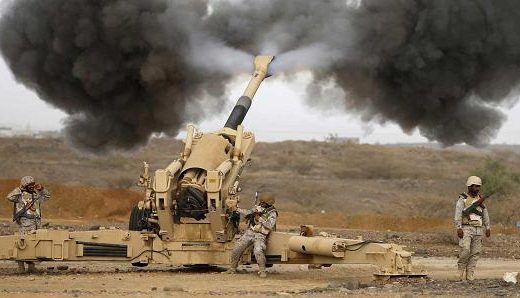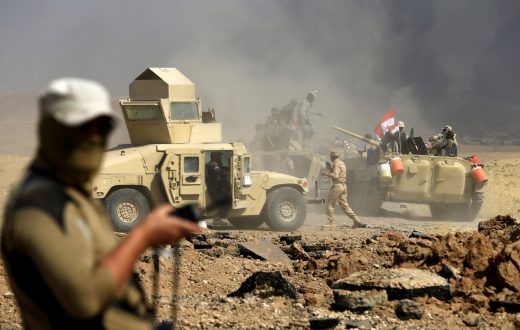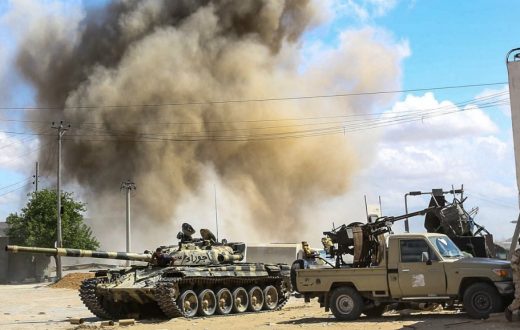After three years of negotiations, a peace deal between the Revolutionary Armed Forces of Colombia (FARC) and the government is within reach, and final negotiations to demobilize the militant group are set to begin in earnest in 2016. However, the fate of the second-largest leftist rebel movement in Colombia, the National Liberation Army (ELN), has not been decided. While not a part of the government’s negotiations with the FARC, the ELN has been both helped and hurt by the talks in 2015. The agreements, specifically the transitional justice mechanisms that were created to facilitate the peace process, have likely made the ELN more willing to negotiate its own deal. At the same time, peace with the FARC will undoubtedly make the ELN an easier target for the government until it agrees to talks.
Therefore, peace talks between the ELN and the Colombian government are likely on the horizon for 2016. If successful, the aftermath of an ELN demobilization will resemble that of the FARC: Peace will spread, though some of the insurgency’s members will likely continue criminal activities after it disbands.
The Smaller Counterpart
Founded in 1964, the ELN has long been the FARC’s smaller counterpart in Colombia’s insurgency. The group’s power spiked in the 1990s and early 2000s, when cocaine revenue filled its coffers and enabled it to mount increasingly frequent attacks. However, as the government’s military capabilities steadily improved in the 2000s, the threat posed by the ELN waned. The group was steadily beaten back into several enclaves — the northeastern departments of Norte de Santander, Boyaca, Arauca and Casanare; the northwestern department of Choco; and the southwestern departments of Cauca and Putumayo — where it retains influence to this day.
With the FARC moving toward a peace deal in 2016, it is quite plausible that the ELN will open formal negotiations with the state this year as well. A successful negotiation would practically eliminate politically motivated insurgent attacks in Colombia in a matter of years, opening up previously threatened areas of the interior to energy exploration, mining and agriculture. But like the FARC negotiation, an ELN peace deal will likely leave splinter groups active in criminal activities, including extortion, kidnapping and cocaine trafficking. Such groups will be weaker and easier for security forces to isolate and target. Still, certain areas will likely continue to see relatively high levels of violence because of these activities.

And while the ELN has been involved in preliminary talks with the government since January 2014, it was the guarantees given to the FARC through transitional justice mechanisms in September 2015 that likely influenced the ELN talks. The government and the FARC agreed to create an alternative tribunal separate from the criminal justice system to hear and deliver punishment for crimes committed during the insurgency. The development made it more likely that FARC leaders and other commanders would demobilize without fear of receiving criminal penalties. The Colombian government also decided not to extradite high-ranking FARC members to move the talks forward. Having seen these concessions benefit the FARC, the ELN will likely demand similar ones in any negotiation with the government.
Opportunities and Risks
If negotiations begin, they would bring violence in the country down to historic lows: There have been only five FARC attacks against security forces since the cease-fire was implemented in July 2015. Of course, the cease-fire did not include the ELN, and its attacks have continued, but the group is smaller and lacks the nationwide reach of the FARC. The real risk in the coming years will come from the ELN’s capacity for criminal activity. Remnants of the group are likely to stay involved in extortion, kidnapping and the production and transport of cocaine. Thus some areas, such as Arauca and Norte de Santander, will continue to see criminal activity, albeit on a smaller scale.
Successful talks with the ELN will reduce the threat of militancy by splintering the group, potentially heralding a period of peace and opportunity the likes of which Colombia has not seen since its insurgencies began. But talks will also create pockets of criminal activity that will remain in place for years to come.







